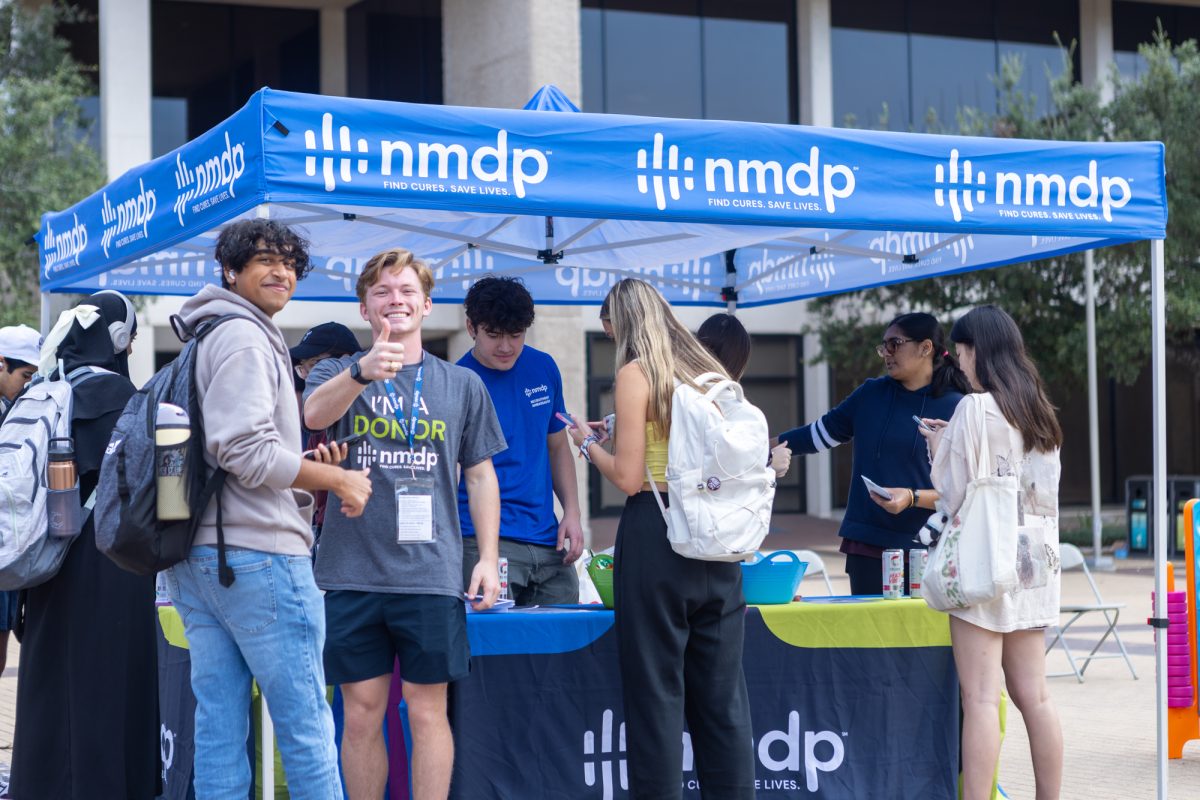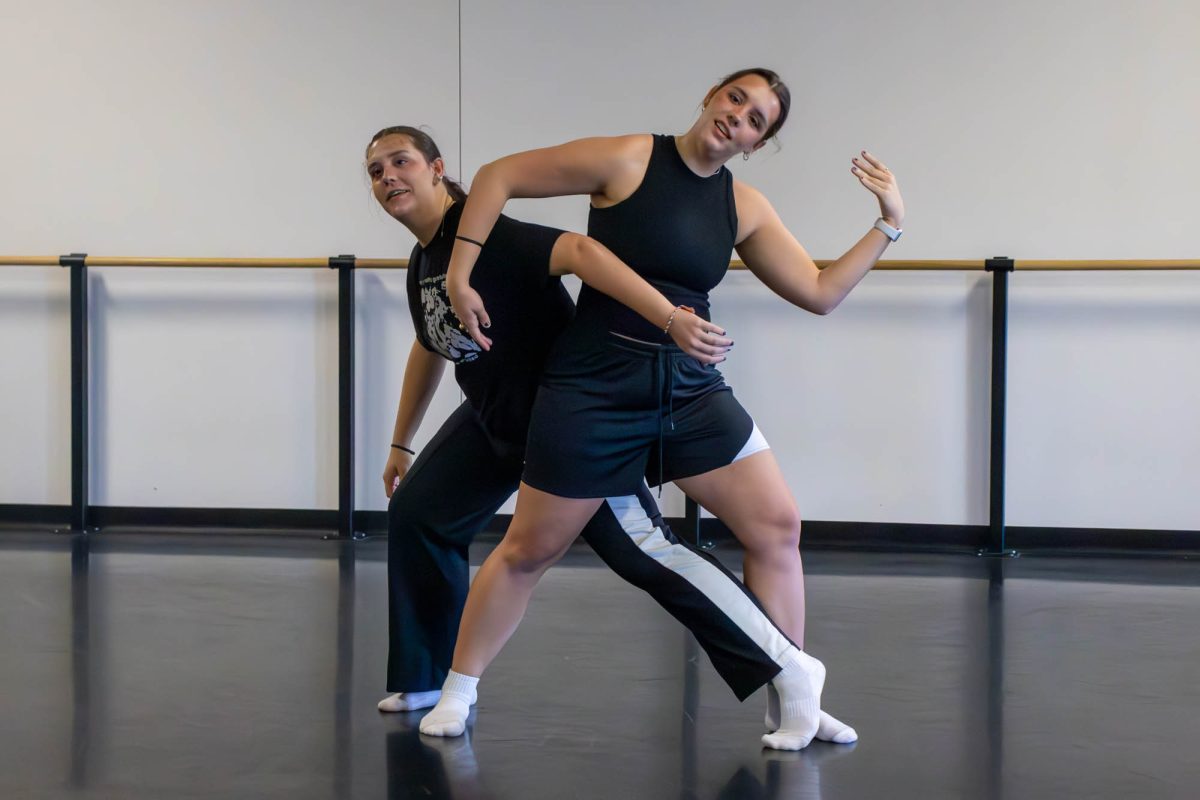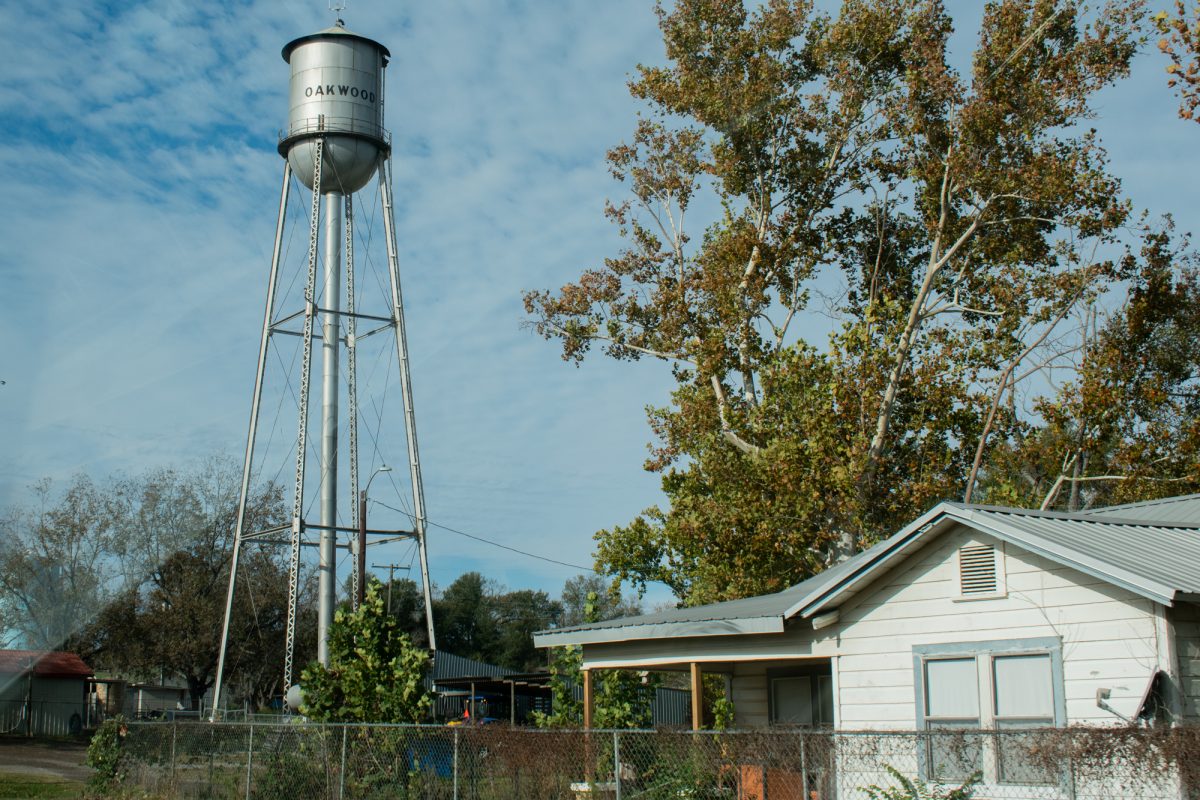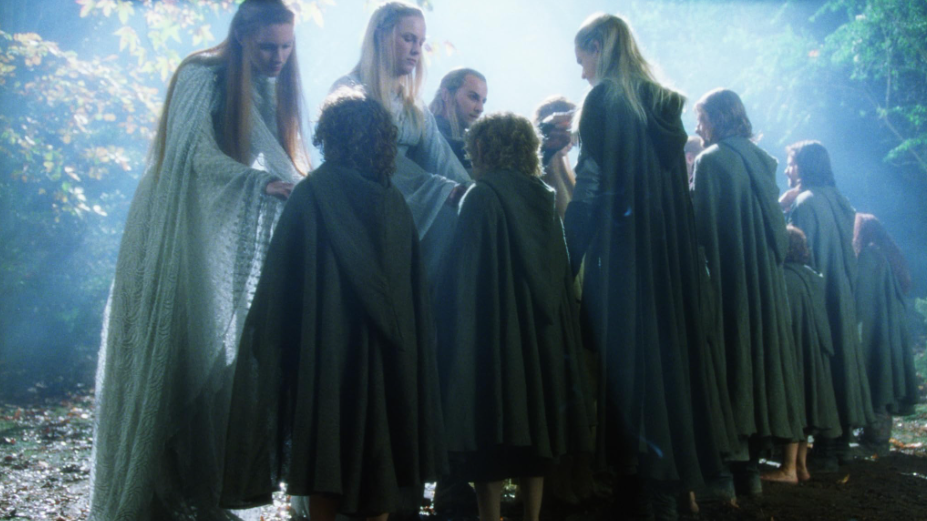Families Divided
Melanie Hartmann of Illinois has a daughter who joined a Network church when she left for college and hasn’t spoken to her in over two years. Hartmann said at first, she was just confused.
“She had to be baptized again … and she said, ‘Well, I was never really saved’ when I confronted her,” Hartmann said. “You’re not saved outside of a Network Church. That’s the only place. They’re special. ‘Nobody does church like us.’ … It was this frantic sense of devastation and fear.”
Hartmann said her daughter’s relationship with her became strained after joining The Network which was unusual because they had always been close. Once she noticed that, other concerning behavior became apparent.
“One of the warning signs was when she married her husband after knowing him for 10 days,” Hartmann said. “He was already a member of the Network church. There was another red flag when she said, ‘Family has been my idol.’ … Some of the pastors have said that anything before the mission of the church can be an idol.”
Hartmann said that right before her daughter cut her off, she arranged a visit to talk to both of her parents.
“They teach them to make amends but not reconcile,” Hartmann said. “I believe they are instructed to kind of wrap it up, so that they feel good and have a clear conscience and then cut the family off,” Hartmann said.
After 2018, her daughter didn’t allow her to talk to Hartmann alone, and whenever she texted her, it had to include her son-in-law.
She alleged that women were not allowed to talk directly to pastors and had to go through their husbands.
“It took me a while to wrap my head around it,” Hartmann said. “There was a part of denial — like, no, not my kid. She’s a Type A personality. She’s so smart. They’re really about conformity. They say uniformity, but it’s about conformity.”
Hartmann said her daughter often made excuses for not coming to family gatherings that she had never missed before joining The Network. If she ever visited home, she would arrive on a Friday evening and leave to be able to serve in church on Sunday.
Moore experienced the same pressure at Joshua Church and still feels the impact years later.
“I experienced a lot of trauma here,” Moore said. “It affected my mental health in very significant ways. What I wished someone told me when I was that age is that if you have outside opinions — unbiased parties that tell you concerns about something that you’re a part of — you should listen to them.”
Moore and Hartmann both expressed concern about college students being “love bombed,” a practice in which people are influenced by demonstrations of affection and attention.
“They may approach someone in a very friendly way and extend an invitation to some activity that isn’t necessarily religious,” Ross said. “For example, there are some groups that have volleyball games, hay rides, potluck dinners … in that sense, you don’t really know what you’re getting into.”
Christland’s registered student organization status was revoked last spring, but Wright was uncertain that it would stop them from recruiting on campus. Various founding members of Christland work on campus in senior positions.
“The Network churches have a pattern of continuing to use methods that have harmed people over and over again, even when they have been called out on it,” Wright said. “I want to warn people, and students in particular, about Christland. It’s not a safe place.”


















